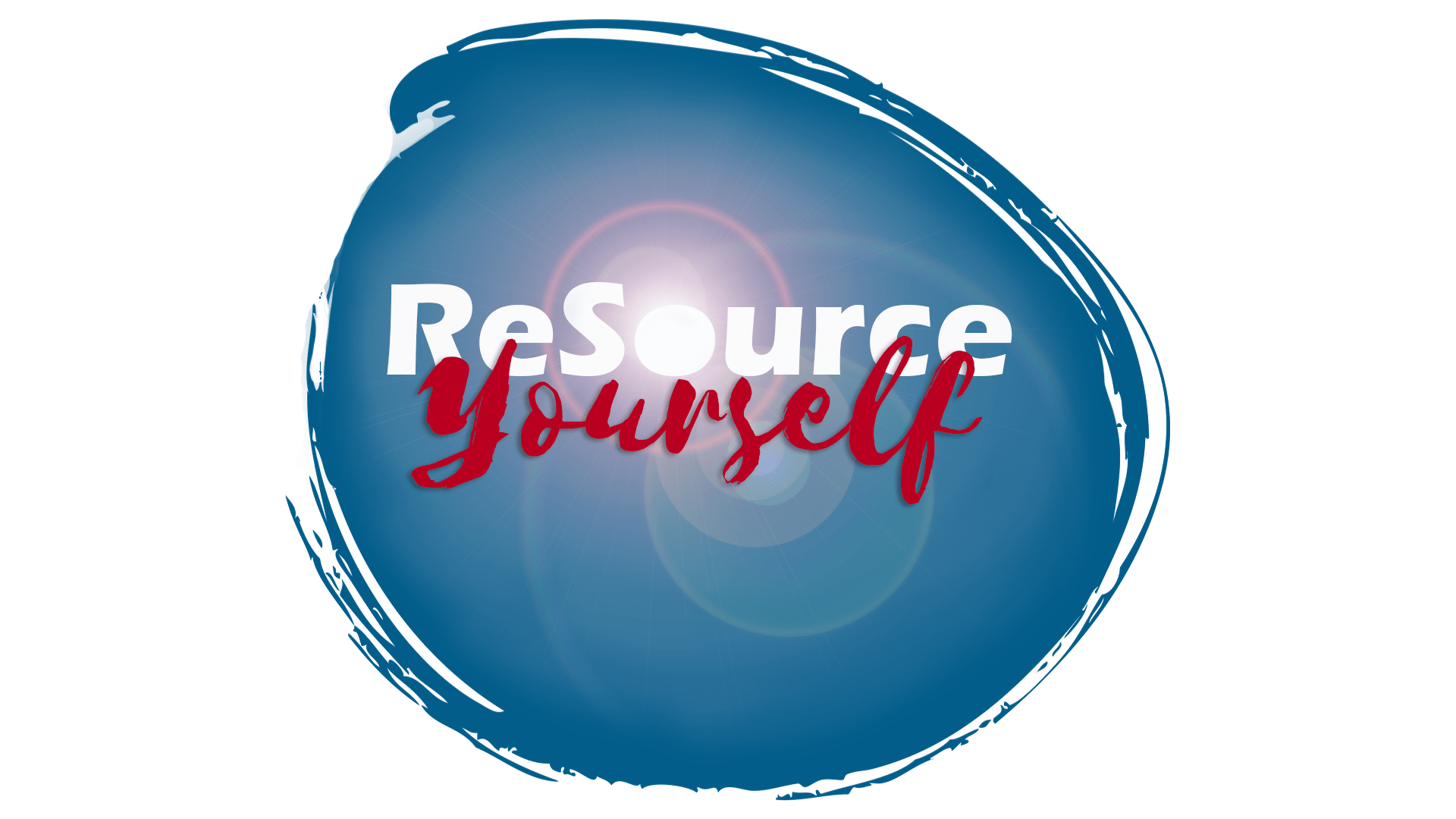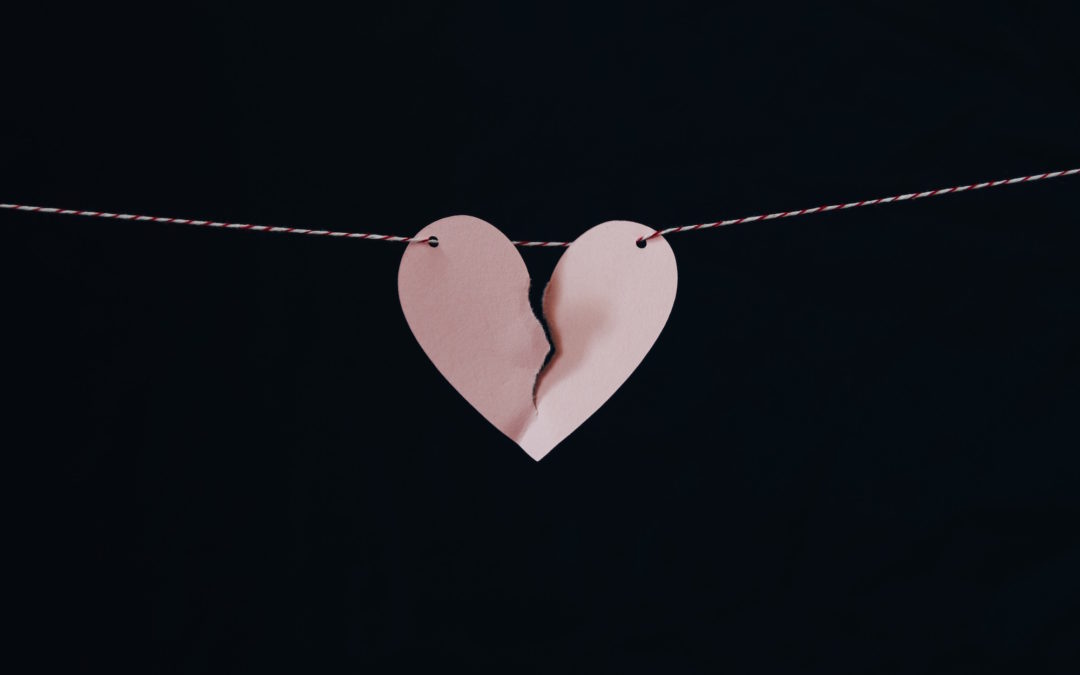FAMILY-SYSTEMIC REFLECTIONS ABOUT SEPARATION AND DIVORCE
Do you know those people whom you don’t know, but all of a sudden you find yourself in a REALLY DEEP CONVERSATION? Today that happened to me with a vivacious and smiling taxi driver who had me wrapped up in a conversation about life, relationships, marriage vows and divorce in just a matter of minutes. He made me realize that I have a lot to say about divorce. And lots of lessons I have learned are definitely worth sharing. So, here we go 😉
I thought that only a part of my community will be interested in this – and I hope you will discard this blog post as “not for you” and stop reading. I will be absolutely happy for you if you don’t have to consider the possibility of divorce, and much less manage the process of one!
But no matter how much you believe in the meaning or sacredness of marriage vows, you may find yourself in a situation where you don’t seem to have a choice, or where the choice is made for you, or where anything starts being ok that ends the suffering.
Divorce Is a Systemic Probability
The less you want to be like your parents, the more you end up being like them. I come from a divorced family, in fact, from a family system with loooots of divorced and separated couples: my parents, uncles, grandparents, grand-uncles… When I got married, I thought that divorce is the last thing I would ever allow to happen to me. “I will do it differently”, I thought. I just would do everything in my power to avoid it, and to work things out.
I didn’t realize what I know now: The more I tried not to be like my parents, the more I actually acted like them. The more I resisted the possibility of getting divorced, the more I had to close my eyes from realities and situations and emotions that were there to be dealt with. Looking back at my relationship I know I did the best I could – but it was not only up to me. There are so many more influences in the picture beyond our own intention and will.
It is useless to think whether things could have gone differently if I had not absolutely negated the possibility of divorce. Could I have listened differently? Acknowledged reality differently? Been more honest? Taken problems more seriously – and resolved them better? I have learned not to ask these questions. I do my best to accept, and to forgive myself.
I have learned in my training in systemic family constellations that our decisions and actions and choices are largely influenced by patterns and past experiences of our ancestors – and that some life decisions are just taken for us. Humbling, isn’t it? Some failures are a systemic success, because we crave belonging on a very profound level. Sometimes we belong because we experience the same suffering as those that came before us.
At the end, the system has to evolve. Every later generation has to integrate the conundrums and conflicts of the previous one, and thereby, move ahead. We cannot jump over specific difficulties, but we have to resolve them. And if we don’t do it, someone else in the family system will have to take on that responsibility.
Parents Can Avoid the Conflict – Children Can’t
When we take the decision to get separated, we have to have one thing in mind: Our children are a person who holds within themselves, and comes after, both their parents. They love both their parents and need both of them.
We as adults can decide that we cannot face the negative emotions the other partner “brings” to us any more, and that it is better to have some distance. But our children, they have the same conflict within themselves. They cannot avoid it. It is their life task to transcend the problems that we as parents give up on. And as parents, we will have to help them do that. So we have to know, whether or not we divorce, we cannot avoid the things we have to learn. If they don’t come through our partner, they will come through our children.
Anything we do that creates a split within our child, that makes the child be loyal to one parent over another, is damaging. Splitting away from part of who we are and where we come from is painful and damaging to our personality. It may come out much later, but it always has an effect. It is difficult not to wish for our child’s loyalty to us, because in a divorce process we are weak, vulnerable, and almost certainly, needy of approval and affection. And not too rarely we accept these from our children, at the cost of their own emotional health.
That said, whatever we do as parents has good and bad sides. All of it. If we stay together in a negative, conflictive and destructive family situation – that also has damaging effects. In fact, we cannot avoid “damaging ” our children. It is the course of life that we give them our resources, teachings, skills and values. But they are also the recipients – or at least at the effect – of our extremes, weaknesses, and limitations.
For me, the questions are:
- How can I be true to myself, and allow my child to be true to himself?
- How can I feel my truth, and allow my son his emotions?
- How can I take all the responsibility of my emotional problems, without recruiting my son for resolving them?
- How can I make sure my son has the freedom to “take” from both his parents, and to be himself, and choose what is his way to follow?
- How can I allow my son to have his own relationship with his father, and to see him the way he does, not my way?
We Are the Perfect Parents for Our Children
We were not a perfect couple, and we didn’t work. We stopped being able to communicate. We stopped wanting to go through life together, or being able to do so. When we got separated, the easiest thing for me to do was point out my ex-partner’s weaknesses and shortcomings. As I am sure, it was for him.
It was a process for me to learn to accept that we are BOTH the best parents for our child. We do things very differently. We have different values. We put a different focus on our lives. But at the end, even when we are not doing so well as parents, we are the parents our son has. I have to believe that as we incarnate in a certain life, we choose our parents and the lessons we can learn with them. We choose to grow and resolve things with them if it is time for our soul to do so.
I had to accept that
- I don’t have the only truth about raising a child.
- No matter how critical I saw the interaction of my son with his father – I had no right to compensate, step in, and “know better”.
- My shortcomings are compensated by my son’s father.
- I only have my son because of my past relationship in the first place – and I should be grateful for it.
- The hardest aspect of this truth was that I cannot, and should not, and must not “protect” my son from his father. I must allow them to work out their relationship, and to do their learning together.
It was very hard to realize how arrogant it is to assume that I know better, or that I am the better parent. And to be true, life teaches you: it brought me so close to – and beyond – my own limits, weaknesses and shortcomings. And when you learn to accept those, you can do the same with you ex partner’s.
Our Children Are Ok When We Are Ok
It is incredible how resilient we are as humans. We can adapt to so many life conditions, and still be happy. We have to trust that our children can do that, too.
We have to take care of ourselves, in order to take care of our children. We have to be able to see the positive side, and to accept the situation, in order for them to do the same. I think that we have to accept that a separation is difficult for everyone, children included. For me, the most effective way to protect my child was looking at him as a mirror. Whenever he was negative, restless, sick, or acted out – I would feel his emotions, and connect with how he was doing, and ask myself:
- How is he being a mirror, what is he showing me?
- In what way am I experiencing the same emotions?
I realized that in every single situation my son was angry, I ended up finding that anger in me. And when I found it, I could take responsibility for it, and transform it. And every time I did that, my son returned to being more at peace and in his center.
It is amazing how deeply we are connected with our children. They help us, and we help them – if we only open up to it.
It’s A Process, It Takes Time
When we are in the process of separating and getting divorced, we just want to get out, be done with it, and be at peace. We want to not have to deal with this person. We would probably love to run away, if we could.
I would say it took me about three years to process my divorce and return to being a positive, and whole woman. It took me so long to let go, stop blaming, forgive, reframe, and find a way of approaching my ex-partner and son’s father that is non-judgmental and accepting, at least most of the time. I did a lot of inner work on myself, and processed layers and layers of emotions. The deeper I got, the more I realized that I had had the relevant issues for a long time – and that it wasn’t by chance I chose this partner, this kind of relationship, and this father for my child. We have to get back to remembering why we chose that person in the first place, and what is good about them – because that is what likely is going to be really good for our children, too.
My point is, that this process takes time. Many pieces have to move, within the family, within the partners, within the system. Lots of emotions have to come out and be processed. And when they do, they make room for something new, and for a positive way of looking again at the past relationship, it’s end, and all the people involved.
It is a grieving process. It is a healing process. And the more we heal, the happier our children can be. I am a believer in not rushing into a new relationship, and taking the time to find ourselves again, and to feel good, on our own. After all, what is the use of rushing into a new relationship, when it is bound to mirror us back exactly the same issues that we have not resolved in the previous one? We can become happier and more whole when we really process the reasons, dynamics and consequences of a family break-up. We can face our demons, and resolve issues and patterns – if only because we are part of a system. And when we resolve the inner conflicts, our children won’t have to do it for us.


